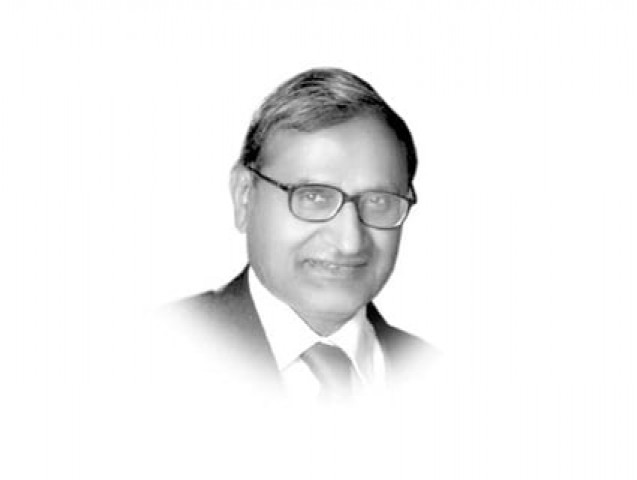Why the macro-economic fetish?
Lack of interaction between technical and policy sectors results in a macroeconomic fetishism.

The macro-micro dichotomy appears in its worst form in estimating energy demand. Energy-related ministries have no idea how to go about on the matter. At the Planning Commission, energy is a technical section while economic sections are concerned with macroeconomics, and never do the two work together to estimate the country’s long-term energy demand. This macroeconomic fetishism is not the monopoly of the official economic team. The media pays more attention to macroeconomic perspectives than microeconomic issues. Partly, the bias results from the compulsion of most reporters to report accurately what policymakers have to say. Editorial writers not trained in economics fall into the same trap, unwittingly allowing officials to set up the economic agenda.
But the media does not have access to alternative economic views. Economists outside the government suffer even more from macroeconomic fetishism. The Pakistan Institute of Development Economics (PIDE), the country’s pre-eminent research body, has recently published abstracts of its research during 2007–2010. Out of 119 pages, only a few pages pertain to microeconomic issues of ailing public enterprises, energy, education and health.
The situation is not very different if one carries out a topical analysis of recent annual conferences organised by the PIDE and the Lahore School of Economics. Public enterprises, for instance, are routinely viewed as a subsidy burden on the public exchequer, grossly mismanaged and corrupt, with the usual policy prescription that they be privatised. It is forgotten that PTCL, never a burden on the government, was also privatised. In fact, the stated purpose of privatisation to support the budget and build foreign exchange reserves has suffered from the dilatory tactics of the managements of privatised concerns in paying the government for the change in ownership. The KESC has the potential to be the best case study of failed privatisation.
And no serious study exists on the decline of the railways at a time when it is expanding everywhere else in the world. Critical factors like the pre-emption of freight by the National Logistics Cell, the love of politicians for roads and the lobbies of automobile assemblers and importers and a general lack of concern for energy conservation do not find any mention in the stock-in-trade stories of corruption and bad governance.
The neglect of microeconomics, especially in its application as a tool to the understanding of Pakistan’s economy, starts in the universities. At the postgraduate level, instead of mainstreaming Pakistan into various courses of economics, the economy of Pakistan should be taught as a separate course altogether. This is true of even those programmes that are billed as degrees in applied economics. There is neither student interest, nor supervisory capability for writing, say, MPhil theses on subjects such as runaway household demand for natural gas. The microeconomic foundations of macroeconomics are thus, extremely weak.
Published in The Express Tribune, January 13th, 2012.
















COMMENTS
Comments are moderated and generally will be posted if they are on-topic and not abusive.
For more information, please see our Comments FAQ